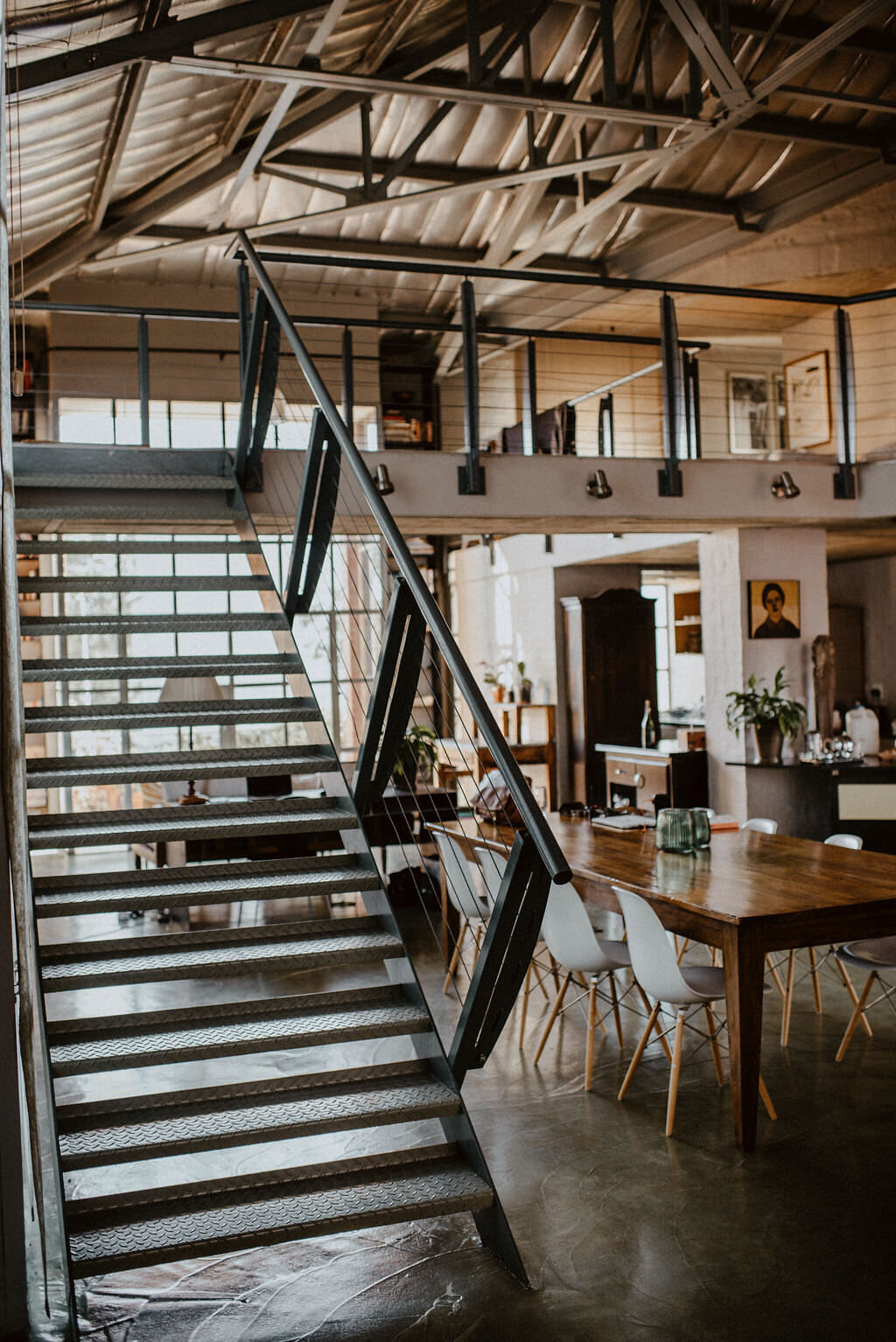How to Open a Bank Account in South Africa
/Getting all of your finances sorted can be stressful when you’ve just moved to a new country, and in South Africa, there are a number of bureaucratic processes that you’ll need to go through to open a bank account which can be potentially frustrating and time consuming.
But no need to worry, we’ve got all the information you need, which will save you some time and hassle!
MAKE SURE YOU HAVE THE RIGHT SUPPORTING DOCUMENTATION
To initiate any kind of administrative process with an official institution in South Africa you will always need to provide proof of residence, whether you are a local or a foreigner.
This is because of the implementation of FICA, or the Financial Intelligence Centre Act, which requires everyone to provide proof of residence as part of reducing financial crime.
Another document you will always need to provide is proof of identification, which for South Africans is the green ID book or newly implemented ID card. As an expat, use your passport.
In some instances it is perfectly acceptable to provide a driver's license as proof of identification, for example, when checking in at the airport, but this isn’t the case when dealing with a bank.
As a foreigner, this means you will need to provide your passport and proof of residence when conducting any kind of transaction. Proof of residence can be a copy of a lease (entire lease or a letter from the guest house / hotel you are staying at) or a utilities bill sent to your address (which you probably won’t have yet).
Sadly many banks will not open a bank account for you unless you have a work permit. Also joint bank accounts also come with large amount of paperwork, and often require you explaining exactly what you expect from a joint account. It took me a good 6 months to get full access to my husbands account (which was meant to be a joint account) so I could pay for bills etc.
Documents Needed
Proof of ID and permanent visa/work permit
Proof of residence
Starting deposit (can help with monthly fees)
3 months Statements from existing bank (not always required)
Letter from employer confirming contract and monthly salary
For Spouses…
When your family signs up for a bank account, you will be able to get full privileges on the account, but you need to make sure it is set up for you to use online and on your mobile phone App. This way, you can manage accounts, pay for school fees, make your own EFTs, see balances, etc.
When going to the bank, be sure you have your original passport with visa and original proof of residence, and maybe even marriage certificate if you have one handy! Sometimes getting full access takes a while because you might not have the right documents. But don’t give up! As a Spouse, having access and knowledge of your accounts is important!
CHOOSING A BANK
In South Africa the three most popular banks expats use are:
ABSA (which Barclays has just sold)
Investec
First National Bank (FNB) / RMB - Private bank
You will find most of these banks in any big shopping malls in Johannesburg, and ATM’s (Automatic Teller Machines) can be found in various locations in the city, at shopping malls, strip malls and petrol stations.
TIPS
Banks charge you a fee for holding an account here, they also often have number of additional fee's for services (such as drawing money out of ATMs). So make sure you are fully aware of all the fee's.
When taking out cash - try to choose an ATM within a busy shop and be aware of your surrounding.
FNB App is the most user friendly in our opinion, plus it has a great rewards programme, giving you access to Slow Lounges at the airports amongst other benefits. Their personal banking operation however, isn't as good as Investec, who also operate a good global rewards programme.
Most South Africans use Debit and Credit Cards to manage their transactions, although mobile apps - Zapper and Snap Scan are becoming increasingly popular. Especially at pop up markets and outdoor events. Don't be surprised if you are asked to sign for your purchase in addition to entering your pin.
You will need to learn how to make an EFT (Electronics Fund Transfer) as lots of independent operators and contractors prefer to be paid this way. This can be done through your bank’s online portal or their App on your phone.
Be prepared to receive notifications after every transaction (often both you and your partner will get text messages or email alerts), this is great to pick up on any fraud, not so great for your partner to know how much you just spent shopping.......... ;)
The South African postal service is not 100% reliable at the moment, so rather opt to receive updates via email, although most banking communication is moving towards online communications anyway.
NOTE: Banks are notoriously busy at lunchtime and weekends so if you need to talk to a bank employee face to face, it’s best try and go in the morning during the when it’s inclined to be less busy.
If you have your own local expert - they can assist you with completing all the necessary paperwork for you. If you would like a list of all paperwork and certification process for your chosen bank, then request your own personalised report here.
FOREIGN EXCHANGE
South African banks are very strict about any money coming into and out of the country, so when receiving funds from abroad, it can be easier to use something like PayPal (which is currently only affiliated to First National Bank). You will however, pay a transaction fee and it is a bit of a process to set up the account and to make withdrawals or deposits.
When receiving a PayPal payment or a fund transfer from abroad you will always need to give a reason for the transaction before funds are allocated. There are a variety of options, just choose the most appropriate one. Your bank will charge a fee for any incoming or outgoing transaction so just be sure to check.
Making a FOREX payment can be done online on your online banking profile, but you will need a SWIFT/BIC code when making a foreign payment. You’ll also need to provide your bank’s SWIFT/BIC code when you’re going to be receiving funds into your account (it makes the process a lot quicker).
The private banks are much better set up to receive foreign funds - but still prepare for it to take some time in getting cleared.
You can not exchange Rand into a foreign currency unless you have an airline ticket
For more information for banking click here.











